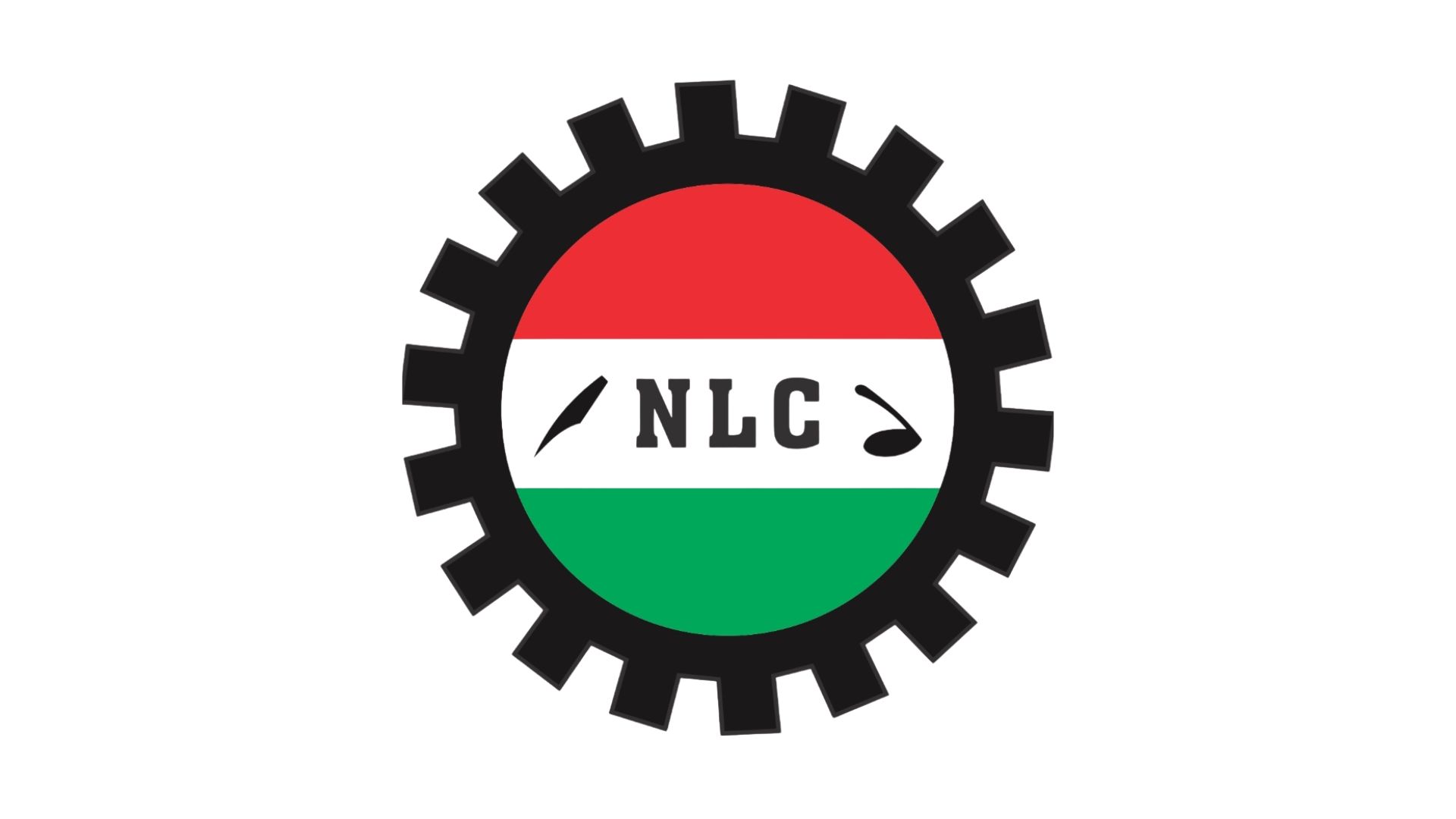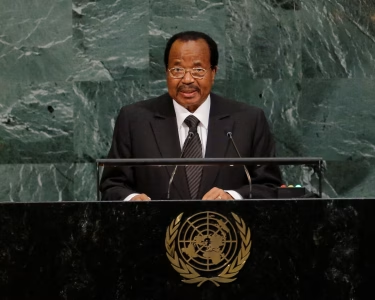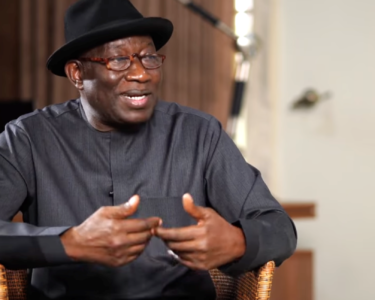Electricity Act Amendment
Labour unions reject proposed ban on strikes
Summary
- NLC, TUC, and NUEE oppose Electricity Act amendment seeking to restrict strikes in the power sector
- Unions argue the proposal violates international labour conventions and constitutional rights
- FOCPEN warns of fiscal strain, legal conflicts, and rising consumer costs if bill is passed
- Amendment includes other provisions such as criminalising vandalism and clarifying regulation
Abuja, Nigeria — Nigeria’s major labour unions have firmly rejected a proposed amendment to the Electricity Act that seeks to ban industrial action in the power sector, warning that it violates fundamental workers’ rights and international labour conventions.
The Nigerian Labour Congress (NLC), the Trade Union Congress (TUC), and the National Union of Electricity Employees (NUEE) condemned the 2025 Electricity Act (Amendment) Bill, which aims to classify electricity generation, transmission, and distribution as essential services. This designation would restrict workers from embarking on strikes or picketing without a formally agreed Minimum Service Agreement.
Labour leaders argue that such a move would suppress the right to protest and collective bargaining. NLC President Joe Ajaero described the bill as “unrealistic” and legally flawed, noting that it contravenes International Labour Organization (ILO) Conventions 87 and 98. He stressed that the Electricity Act, being a sector-specific law, cannot override broader national legislation such as the Trade Union Act.
Echoing this stance, TUC Secretary-General Nuhu Toro labelled the proposal unconstitutional, adding that the right to strike is central to effective labour relations.
“Banning strikes does not address the causes of industrial unrest. Instead, it worsens the problem,” Toro said, urging the National Assembly to withdraw the bill entirely.
Beyond the labour community, the Forum of Commissioners of Power and Energy (FOCPEN) also criticised the bill, warning of deeper legal and financial ramifications. The forum argued that the amendment could trigger constitutional disputes over jurisdiction between the federal and state governments. It also expressed concern that new federal agencies proposed in the bill could lead to duplication, inefficiency, and additional costs to taxpayers.
FOCPEN further highlighted the burden of over ₦5 trillion in unpaid electricity subsidies and cautioned that mandatory contributions to the Power Consumer Assistance Fund, outlined in the amendment, might result in higher electricity tariffs, compounding hardship for consumers.
While the bill, sponsored by Senator Enyinnaya Abaribe, includes other reforms such as criminalising the vandalism of power infrastructure and clarifying regulatory roles, the controversy over the proposed strike ban has become the most contentious issue. Critics view it as a clash between the government’s desire for a stable power supply and the protection of workers’ rights in a fragile labour environment.







